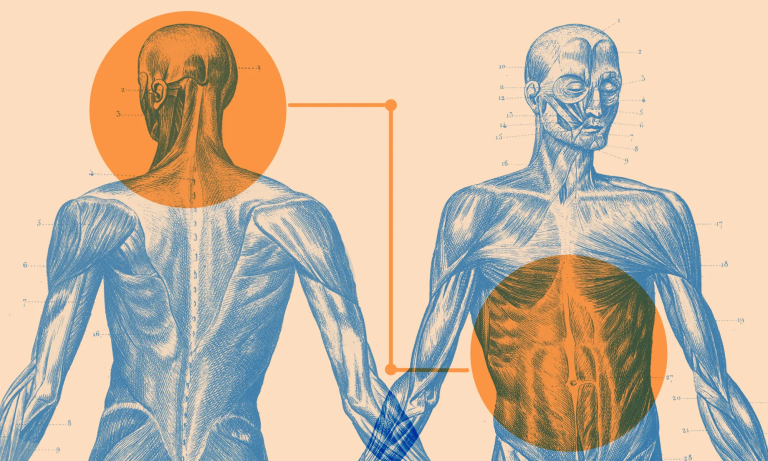
innovuscollege.com – Diabetes is a chronic health condition that affects millions of people worldwide. It is characterized by elevated blood glucose levels, which can lead to various complications if not managed properly. Understanding the science behind diabetes involves exploring its types, causes, mechanisms, and the impact on the body.
Types of Diabetes
- Type 1 Diabetes:
- An autoimmune condition where the immune system attacks insulin-producing beta cells in the pancreas. This results in little to no insulin production. It typically develops in childhood or adolescence but can occur at any age.
- Type 2 Diabetes:
- The most common form, Type 2 diabetes, usually develops in adults and is often associated with obesity, physical inactivity, and genetic factors. It occurs when the body becomes resistant to insulin or when the pancreas fails to produce enough insulin.
- Gestational Diabetes:
- This type occurs during pregnancy when the body cannot produce enough insulin to meet the increased needs. It usually resolves after childbirth but increases the risk of developing Type 2 diabetes later in life.
The Role of Insulin
Insulin is a hormone produced by the pancreas that plays a crucial role in regulating blood sugar levels. It facilitates the uptake of glucose into the cells, where it can be used for energy or stored for later use. In diabetes, insulin’s effectiveness is impaired, leading to an accumulation of glucose in the bloodstream.
- Type 1 Diabetes: Without sufficient insulin, glucose remains in the bloodstream, leading to high blood sugar levels.
- Type 2 Diabetes: In this case, the body’s cells become resistant to insulin, meaning glucose cannot enter the cells efficiently, resulting in elevated blood sugar.
Causes and Risk Factors
Several factors contribute to the development of diabetes:
- Genetic Factors: A family history of diabetes can increase the likelihood of developing the condition. Certain genetic markers are also associated with Type 1 diabetes.
- Lifestyle Factors: Poor diet, lack of physical activity, and obesity are significant risk factors for Type 2 diabetes. High sugar and fat consumption can lead to insulin resistance.
- Hormonal Changes: Conditions that affect hormone levels, such as polycystic ovary syndrome (PCOS), can increase the risk of developing diabetes.
- Age: The risk of Type 2 diabetes increases with age, particularly after the age of 45.
- Ethnicity: Certain ethnic groups, including African American, Hispanic, Native American, and Asian American populations, have a higher risk of developing diabetes.
Complications of Diabetes
If left untreated or poorly managed, diabetes can lead to severe complications, including:
- Cardiovascular Disease: Increased risk of heart attacks and strokes due to damaged blood vessels.
- Nerve Damage (Neuropathy): High blood sugar can damage nerves, particularly in the feet and hands, leading to pain and numbness.
- Kidney Damage (Nephropathy): Diabetes can damage the kidneys’ filtering system, potentially leading to kidney failure.
- Eye Damage (Retinopathy): High blood sugar levels can damage the blood vessels in the retina, leading to vision problems and blindness.
- Foot Damage: Nerve damage and poor blood flow can lead to infections and sores, sometimes resulting in amputations.
Management and Treatment
Managing diabetes involves a combination of lifestyle changes, monitoring blood sugar levels, and medication. Key strategies include:
- Healthy Diet: Emphasizing whole grains, fruits, vegetables, lean proteins, and healthy fats while minimizing sugar and processed foods.
- Regular Physical Activity: Engaging in at least 150 minutes of moderate exercise per week helps improve insulin sensitivity.
- Medication: For Type 1 diabetes, insulin therapy is essential. For Type 2 diabetes, oral medications or insulin may be prescribed, depending on individual needs.
Conclusion
Understanding the science behind diabetes is crucial for prevention, early detection, and effective management. With proper education, lifestyle adjustments, and medical care, individuals with diabetes can lead healthy, fulfilling lives. As research continues to advance our understanding of this complex disease, public awareness and advocacy will play essential roles in tackling its growing prevalence.







